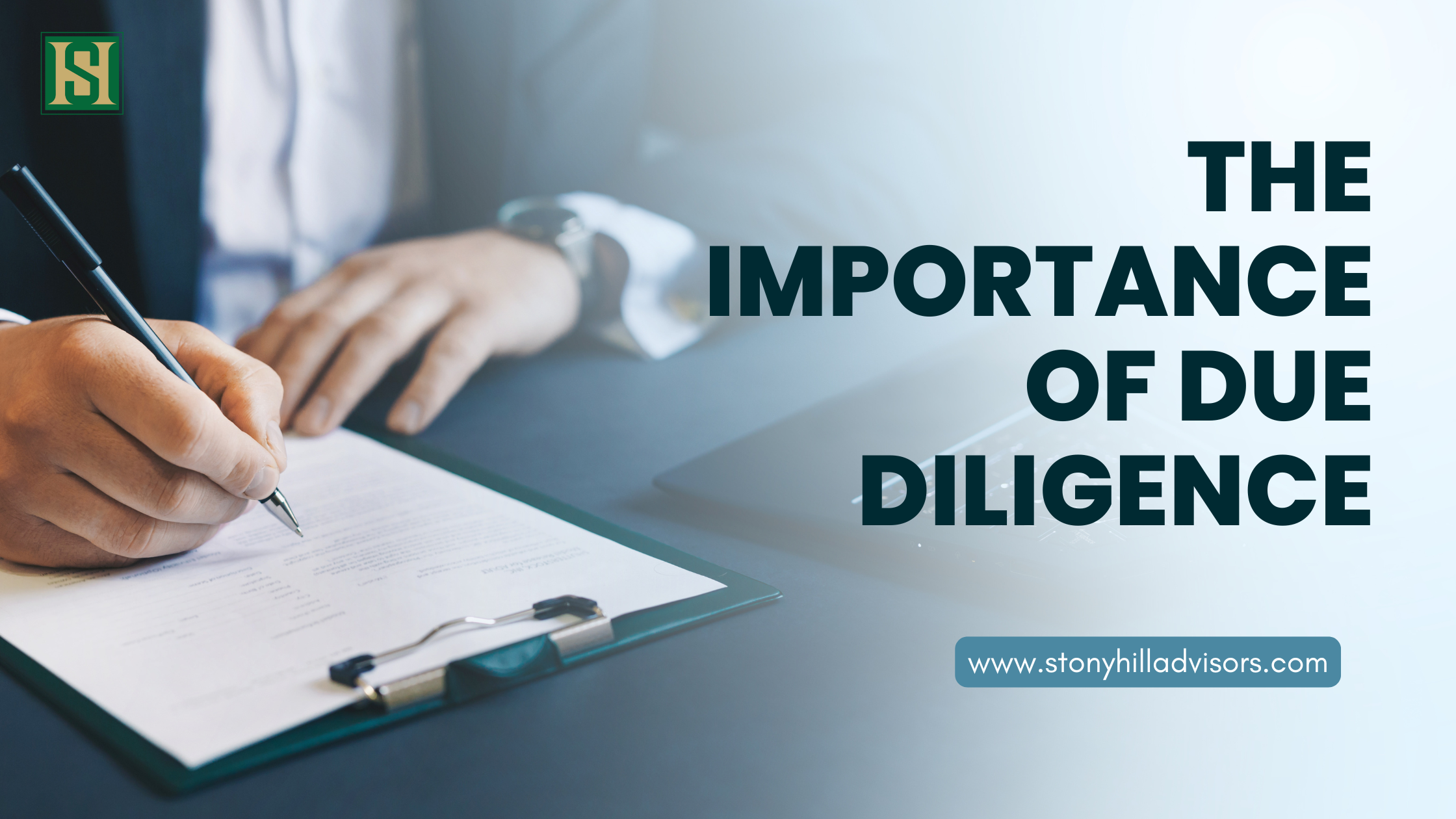
Undeniably, you’ll hear the phrase due diligence throughout your mergers and acquisitions journey. Due diligence, the comprehensive process of auditing, verifying information, and assessing risks, is a critical component of an M&A deal. It is the central unifying puzzle piece behind all successful transactions, but why is it so important?
Why is Due Diligence Important?
Inaccurate Financial Information
Even the most reputable organizations can make mistakes that go unnoticed throughout the years. Financial information could be inaccurate or incomplete due to a plethora of potential issues.
Synergistic Analysis
It isn’t uncommon for buyers to be overly optimistic about the extent of synergies and the speed which they can be achieved. Investing the time and resources into proper due diligence means you are more likely to accurately identify synergistic opportunities and their related costs, as well as dis-synergies and risks.
Advantage During Negotiation
Due diligence gives you a distinct advantage during the negotiation phase of the M&A process. Having a full understanding of your target’s financial, cultural, and legal standing results in a well-informed valuation.
Steps of Due Diligence
- Financial Due Diligence
- Review financial statements: Income statements, balance sheets, cash flow statements, etc.
- Evaluate tax records: Examine filings and audits. Verify compliance with local and international tax laws.
- Analyze debt obligations: Review outstanding agreements and assess debt-to-equity ratio.
- Operational Due Diligence
- Understand key processes: Assess operational efficiency and evaluate intellectual property.
- Analyze key contracts: Review vendor, customer, and partnership agreements. Identify potential risks, exclusivity clauses, etc.
- Evaluate IT systems: Assess IT infrastructure; review cybersecurity policies and data breach history.
- Legal and Regulatory Due Diligence
- Verify corporate documents: Confirm incorporation documents and identify shareholder rights.
- Assess litigation and compliance: Review past and ongoing lawsuits. Confirm compliance with industry standards and laws.
- Human Resources Due Diligence
- Analyze workforce structure: Review headcount and key employee roles, as well as employee turnover rates.
- Evaluate employee contracts: Review contracts, benefits, and compensation and ensure compliance with labor laws.
- Assess cultural fit: Evaluate workplace culture and potential integration challenges.
- Market and Strategic Due Diligence
- Assess market position: Analyze market share, growth potential, and potential risks.
- Validate business model: Identify and understand revenue streams, pricing strategy, and customer base.
- Environment, Social, and Governance Due Diligence
- Review ESG policies: Assess sustainability initiatives, environmental impact, and DEI policies.
- Evaluate reputation risks: Analyze media coverage, public perception, and customer feedback.
- Data Privacy and Security
- Assess data management practices: Review policies on data storage, encryption, and access controls to verify compliance with privacy laws.
- Investigate data breaches: Review history of cybersecurity incidents and responses to said incidents.
- Exit or Post-Acquisition Planning
- Develop integration plans: Align strategies for merging operations and culture.
- Define value creation goals: Outline strategies for maximizing synergies and ROI.
Conclusion
Due diligence is one piece of the mergers and acquisitions puzzle, but without it, the end result is missing something. M&A can be risky and due diligence is your first step towards risk assessment and management. Take control of your transaction and guarantee you get the best deal possible.
Don’t go at due diligence alone. Make sure you have a qualified M&A advisor on your team. Contact Stony Hill Advisors today to speak with one of our experienced M&A professionals.
Call us for a confidential discussion.

